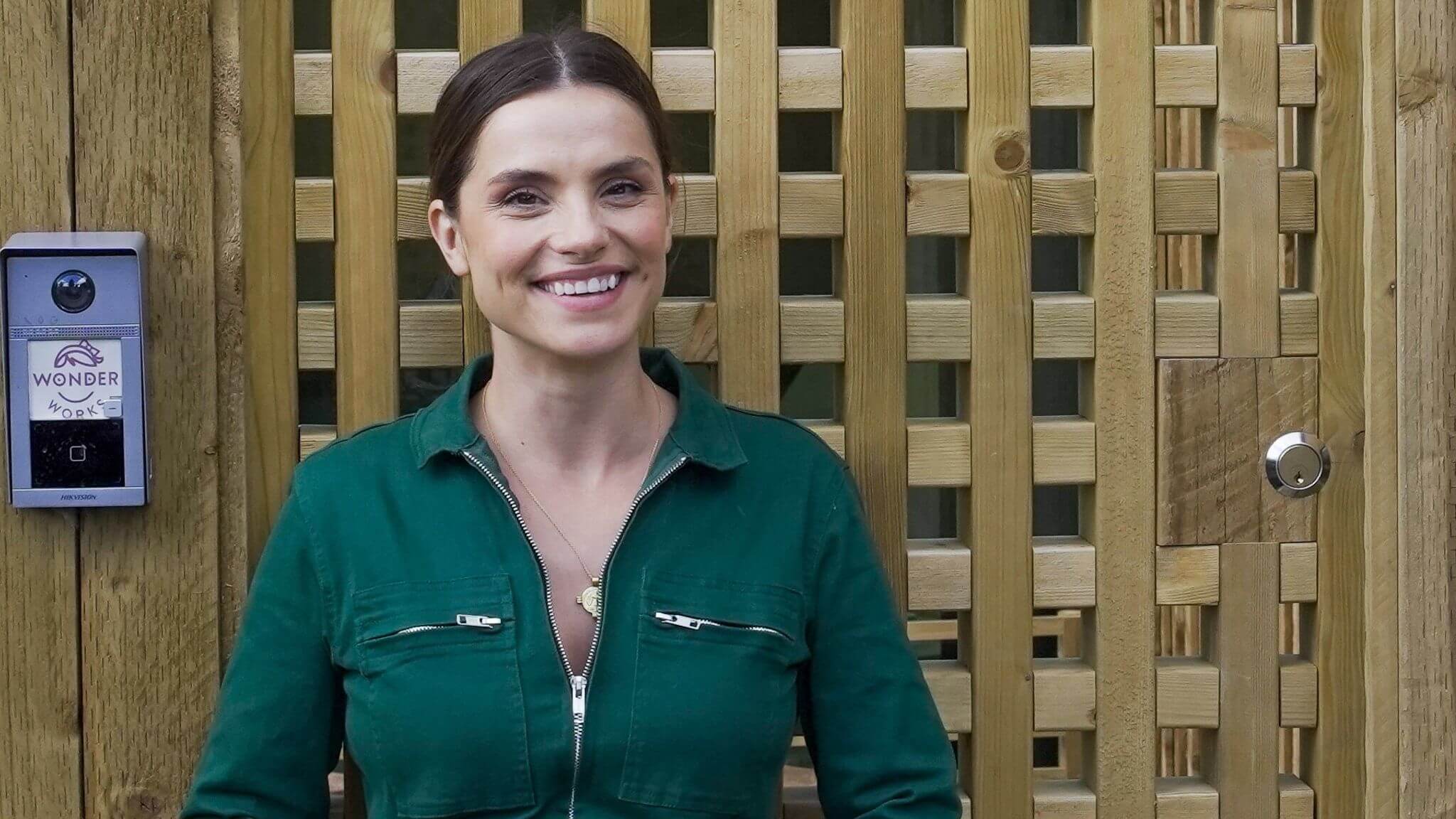
Many parents can’t help but wonder if their children are growing and developing at the right pace. Sometimes common milestones can be a helpful tool. But, remember that all children are different and special. Milestones are meant to be guidelines, not strict rules. What our children should know for sure is that they are loved wholly and unconditionally, all of the time.
By the age of six, children already have a sense of body image so support your child’s self-esteem, and encourage them to have fun and express themselves. It is around this age that they start to become more independent from their parents.
They should know that they are safe and they should know how to keep themselves safe in public, with others, and in varied situations. They should know that they can trust their instincts about people and never do something that doesn’t feel right, no matter who is asking. They should know how to laugh, act silly and use their imagination.
Equally, six year olds should understand that other people have thoughts and feelings that are different than their own. They should understand that words and actions can influence the emotions of others. At this stage, your child can begin to understand the concept of hidden emotions; people may feel sad or mad on the inside if they are not showing it on the outside.
Being six is an exciting time.
By the time they hit this milestone, many children will know their own interests and should be encouraged to follow them. Every child learns to walk, talk, read and do math at their own pace and we as parents can help them understand that learning at a slower pace will have no bearing on how well they complete these abilities in the future.
In fact, the single biggest predictor of high academic achievement is reading to children. Not flash cards, not workbooks, how quickly they can play bop it, but parents taking the time to sit and read to them every day. Research indicates that reading fiction promotes empathy. Books are an ideal way to both expose children to diverse cultures and talk with them about struggles people face both locally and globally. Whilst reading, you can pause to ask your child questions such as “how you do think she feels right now?” or “what do you think he needs?” In summary, encourage your child to talk about how they are feeling, and model sharing your own thoughts and emotions with them.
That being the smartest kid in class has never had any bearing on being the happiest. One of the biggest advantages we can give our children is a happy, loved childhood.
Surround them with books, nature, art supplies and the freedom to explore. Most of us could get rid of 90 percent of annoying, noisy toys in our home and just keep the important stuff, like LEGO, wooden blocks, art materials and of course…books.
What does a six year old need? They need parents who sit and listen to their day. Ones who support them, laugh with them, play football with them, goof around with them, tell stories to them….read to them.
What children often want is simply…more of us.




Leave A Comment